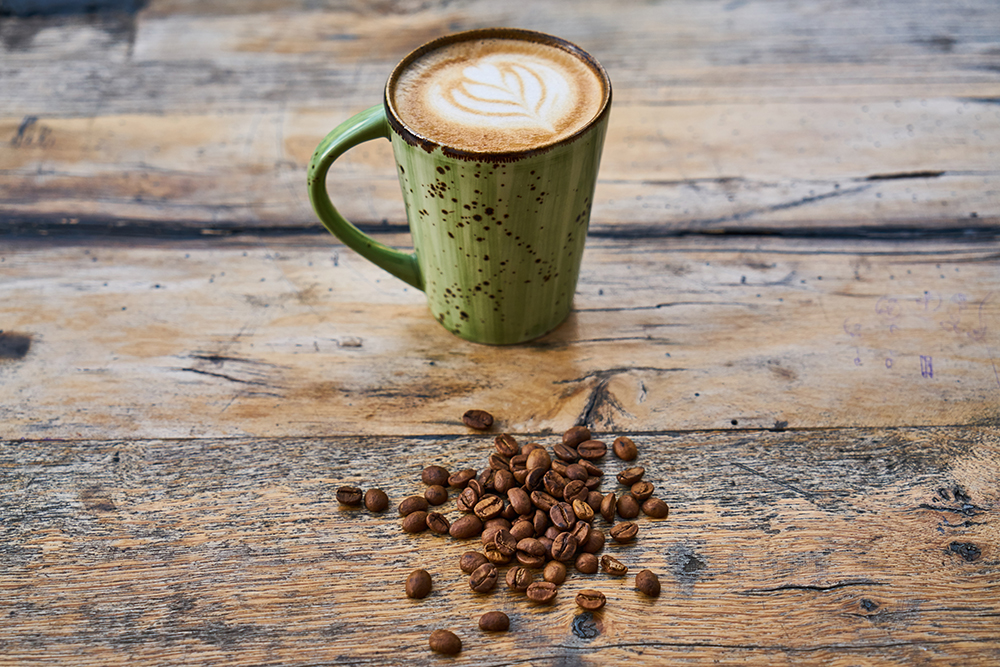Magic Bean Juice: The Power of Coffee
 Caffeine can help increase upper and lower body strength workouts by lowering the perceived exertion. Essentially, it can feel like it takes less work to do an exercise than if caffeine wasn’t ingested beforehand. This can be due to an increase in motor unit recruitment, where the muscles can be more efficient and use more motor units (a muscle nerve that is connected
to a bundle of muscle fibers) (Grgic 2018).
Caffeine can help increase upper and lower body strength workouts by lowering the perceived exertion. Essentially, it can feel like it takes less work to do an exercise than if caffeine wasn’t ingested beforehand. This can be due to an increase in motor unit recruitment, where the muscles can be more efficient and use more motor units (a muscle nerve that is connected
to a bundle of muscle fibers) (Grgic 2018).
Most studies show a moderate increase in performance after consuming caffeine in the form of coffee. One study even found that continued caffeine ingestion after endurance events may help reduce feelings of perceived soreness (Caldwell 2017).
So how much caffeine has been shown in research to help before a workout? One meta-analysis done shows that anywhere from 3-6mg of caffeine per kg of bodyweight may help increase performance (Grgic 2018). Most cups of coffee can have anywhere from 100-200mg of caffeine, but be careful! The Mayo Clinic recommends no more than 400mg of caffeine per day.
As always, please consult your doctor or primary care provider before you change your diet or exercise routine. This is not nutrition advice, so please check with a registered dietitian if you have any questions or concerns about the amount of caffeine or other drinks or foods you consume.
Photo by Engin Akyurt.
